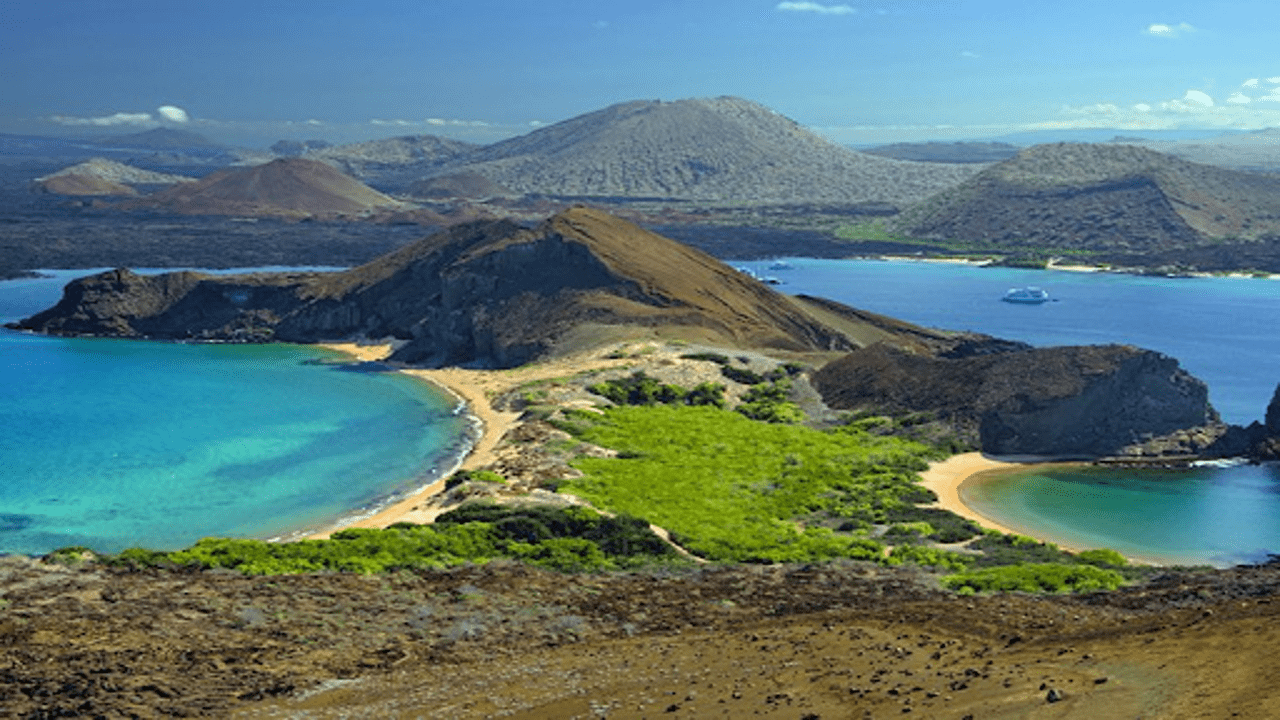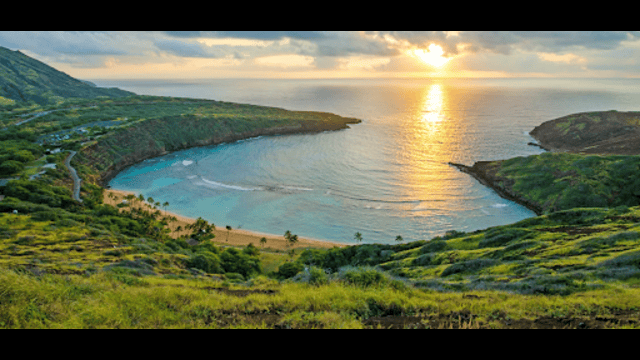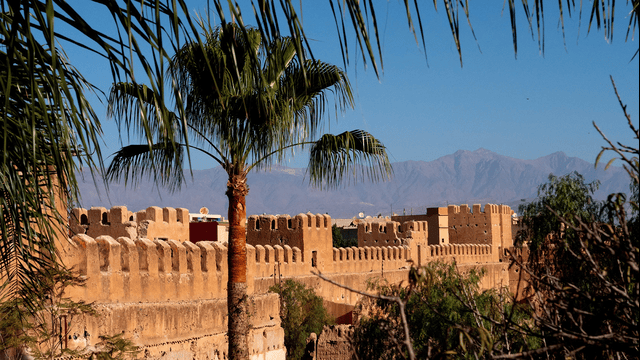
Image courtesy: Planet Ware
Ecuador is sending a powerful message to the world: nature is at the heart of everything they do. As Santiago Granda, the vice minister of tourism promotion, proudly stated, “Sustainability is not just a trend for us.” This South American country stands out by being the first nation to grant nature constitutional rights—a bold step taken in 2008 that remains unique to this day.
The country has intensified its conservation efforts in recent years. One notable achievement is facilitating the largest "debt-for-nature" swap in history. This initiative is channeling over $12 million annually into preserving the Galapagos Islands, one of the planet's most extraordinary ecosystems. Private investors are also playing a significant role, with many obtaining B Corporation certifications for meeting stringent sustainability and social impact standards.
Ecuador boasts the first UNESCO-designated natural heritage site—the Galapagos Islands, recognized in 1978. Nearly 30% of the country is protected land, and the government ensures sustainable tourism practices by maintaining the same number of accommodations, flights, and cruise ship arrivals as in 2002. According to Granda, this demonstrates Ecuador’s authentic commitment to conservation. The government recently doubled the entry fee for the Galapagos to $200, but visitors have shown strong support, understanding that these funds are reinvested into protecting the islands. To further prevent overtourism, visitor caps have been introduced for national parks.
Collaborating with Indigenous communities has also been a priority. Initiatives include establishing 30 centers managed by locals, who are shifting from deforestation to tourism-focused projects, thus revitalizing their communities. For Granda, the residents of the Galapagos are the unsung heroes of conservation, acting as passionate stewards of this unique destination.
Ecuador’s rich biodiversity is unparalleled for its size. Yasuni National Park, for instance, is home to 4,000 plant species, 600 bird species, and nearly 200 mammal species in just one square mile. Beyond its natural treasures, Ecuador offers a wealth of cultural and gastronomic experiences. Quito, the capital city, holds the distinction of being the first UNESCO World Heritage site, with one of the best-preserved historic centers in the Americas. The country also boasts a long tradition of award-winning chocolate production and some of the freshest culinary offerings, thanks to its year-round daylight and fertile lands.
Traveling to Ecuador is convenient, with direct flights from major U.S. cities such as Miami, Atlanta, and Houston. The nation has used the U.S. dollar as its currency for over two decades, further simplifying visits for American travelers.
Ecuador also offers a variety of cruise experiences, from luxury yachts along the Pacific coast to upscale Amazon River expeditions. While the Galapagos is a major draw, Granda encourages visitors to explore beyond the islands, highlighting the country’s diverse offerings, from adventure sports like whitewater rafting to cultural and gastronomic immersions. As Granda puts it, Ecuador isn’t just a destination—it’s a transformative journey for every traveler.















